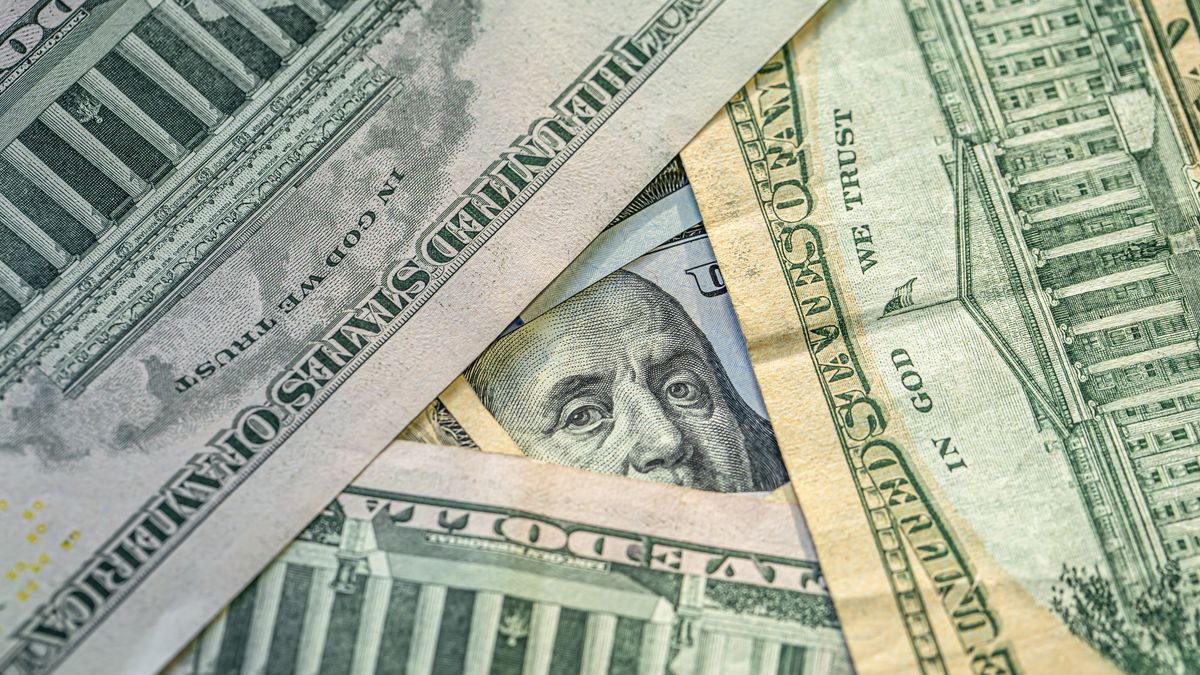He dollar It was heading for its first weekly rise in almost two months on Friday, as investors increased their bets that the Federal Reserve (FED) will raise interest rates in May. However, it fails to take enough strength and, for these hours, the world value of the US currency falls.
This is reflected in the dollar index, which compares the greenback with a basket of six leading world currencies, which is located in a value of 101,520 and down 0.6%. In this way, he deviates from the path that he had undertaken at the beginning of this Friday and that could have led him to have his first since the end of February.
This occurs in a context where euro zone recovery unexpectedly accelerated this month, thanks to booming demand in the service sector, which offset a decline in manufacturing. Preliminary surveys showed the same dynamics in Germany and France, the region’s two largest economies. This Friday the euro rose 0.13% to $1.0980, but was recovering from a session low of $1.0938.
However, this week has dominated the dollar. Fed officials have been at pains to point out that inflation remains uncomfortably high and rates need to continue to rise.
“The Fed’s rhetoric is pretty clear, but the market is still forging its own way on rate cuts by the end of the year,” said Fiona Cincotta of City Index. And she anticipates that, “at some point there will be a reconciliation: either the Fed gives some hints of a dovish turn, or the market will have to reevaluate what is really going to happen during the rest of the year.”
The Pound down 0.01% to $1.2433on declining UK retail sales in March as bad weather and high inflation kept UK consumers away from stores.
The yen, meanwhile, falls 0.11% to 134.23 units per dollarafter reports that Japanese consumer inflation remained above the central bank’s target in March, putting pressure on the Bank of Japan to abandon its ultra-loose monetary policy.
Source: Ambito
I am a 24-year-old writer and journalist who has been working in the news industry for the past two years. I write primarily about market news, so if you’re looking for insights into what’s going on in the stock market or economic indicators, you’ve come to the right place. I also dabble in writing articles on lifestyle trends and pop culture news.




